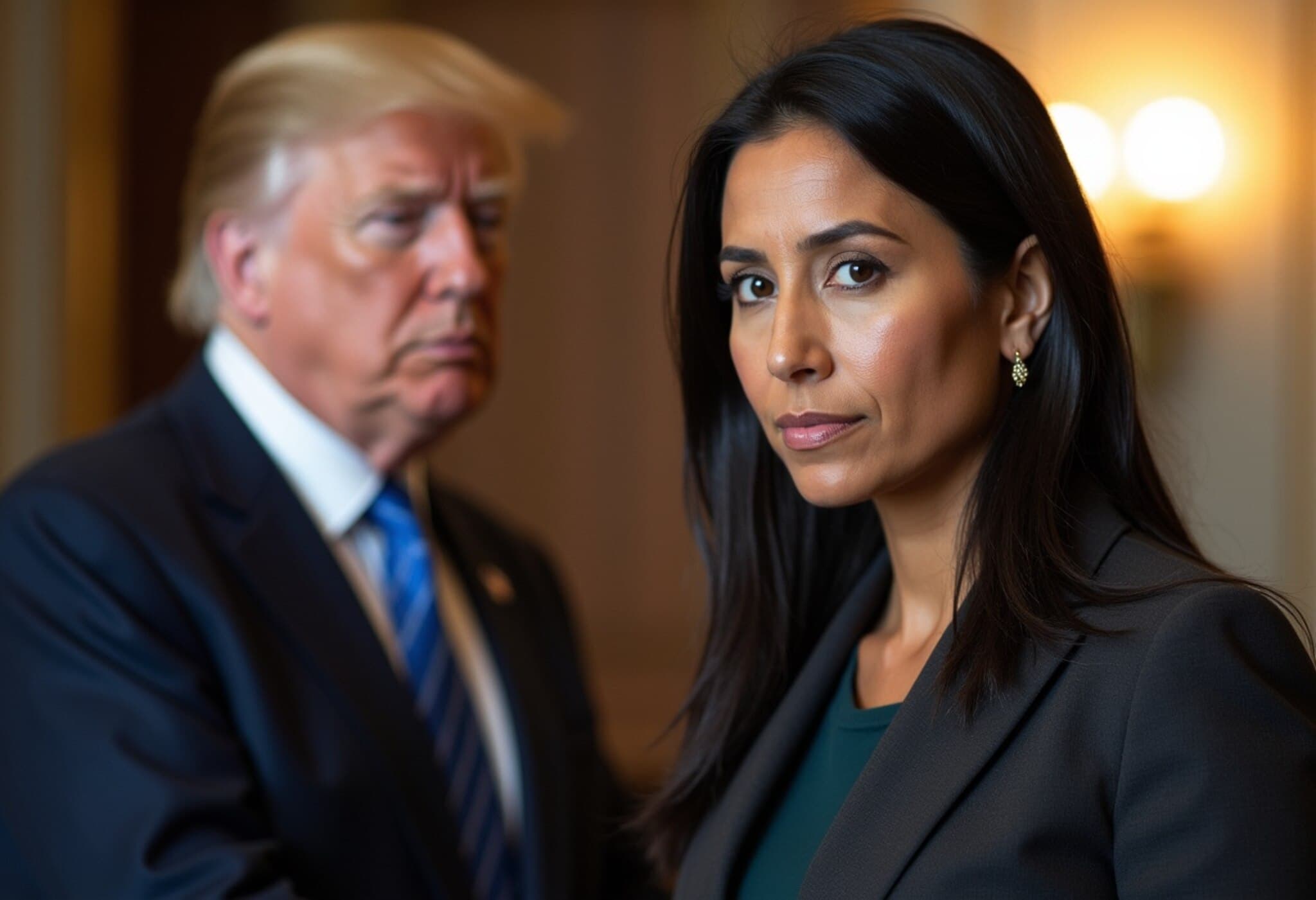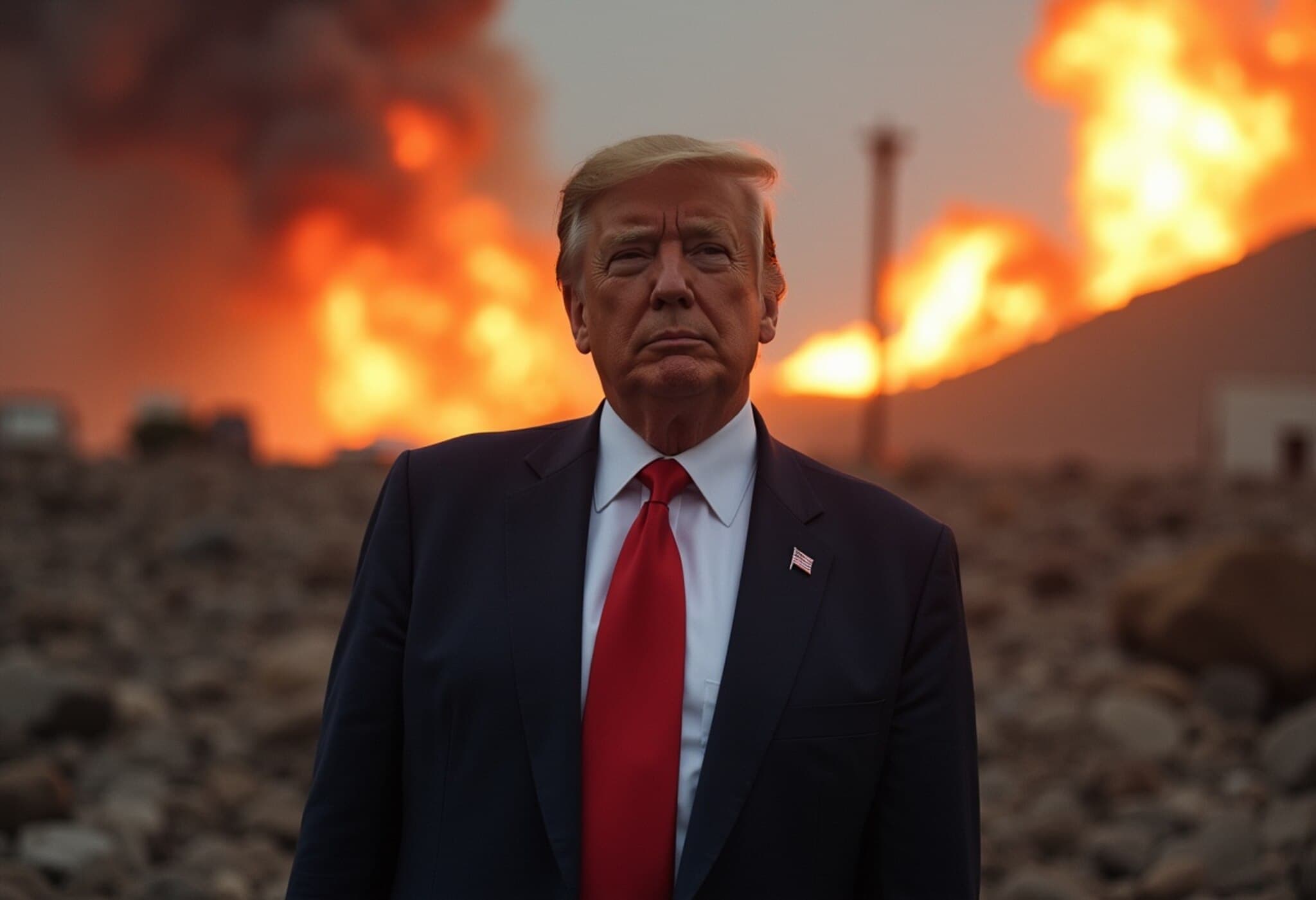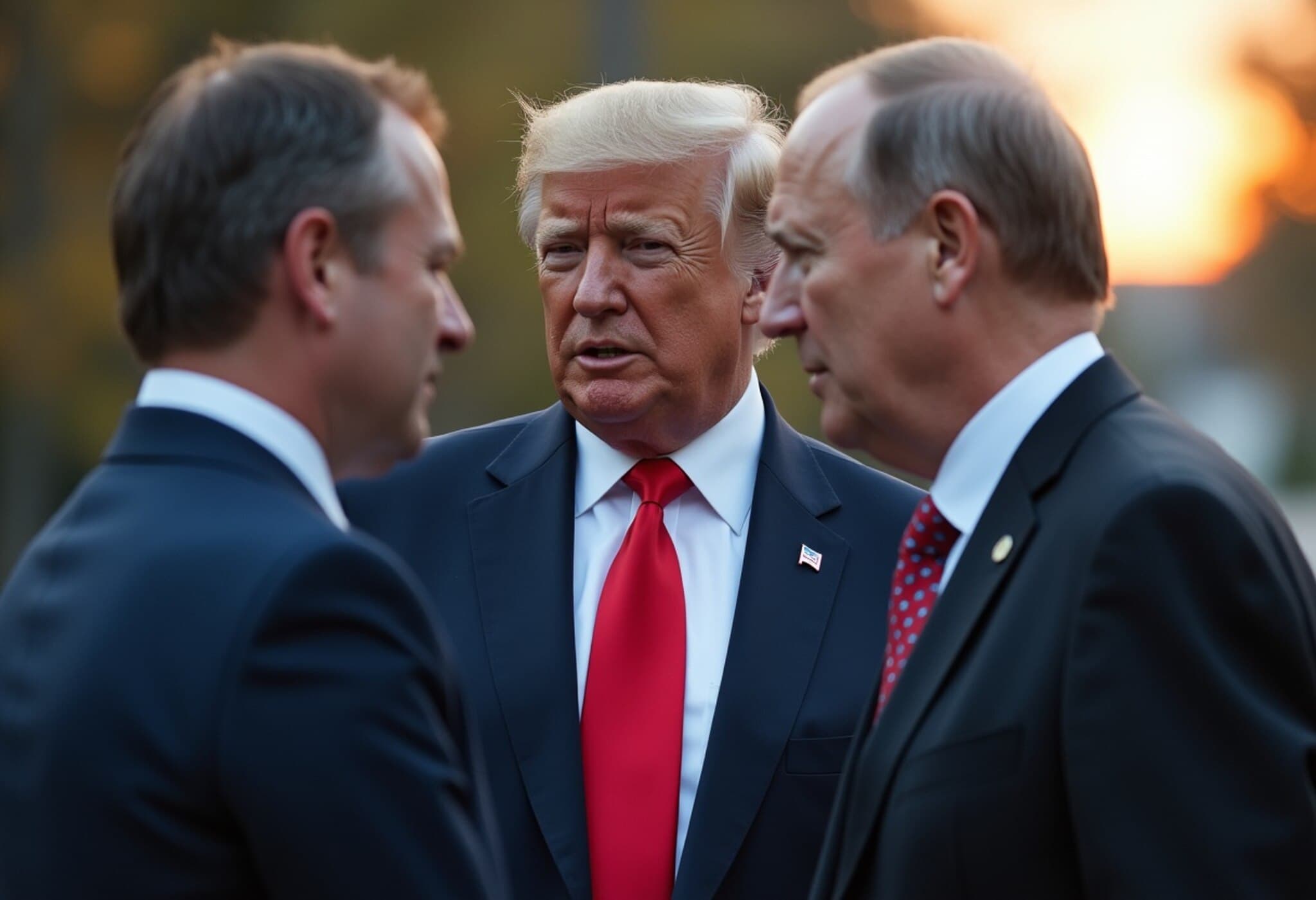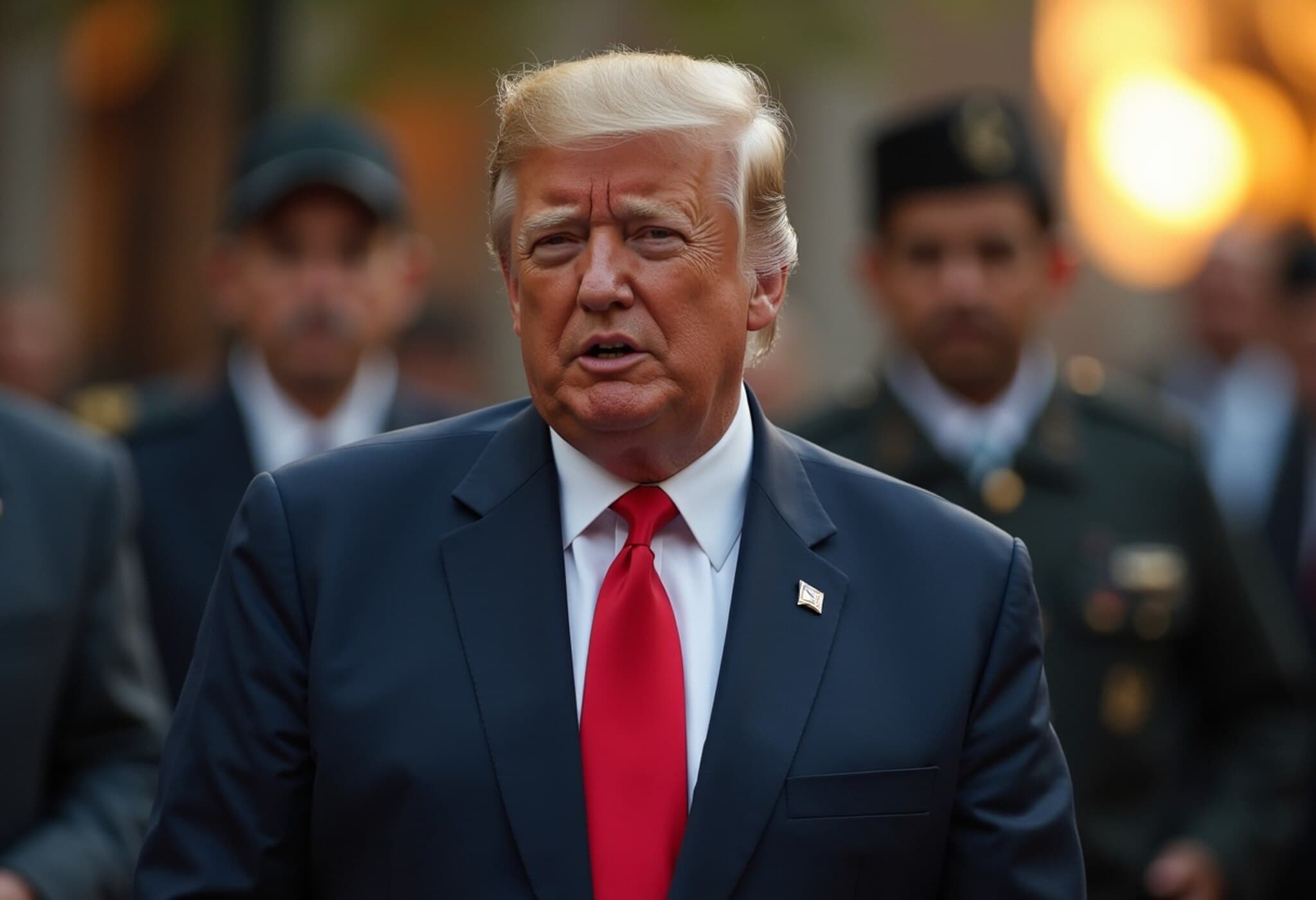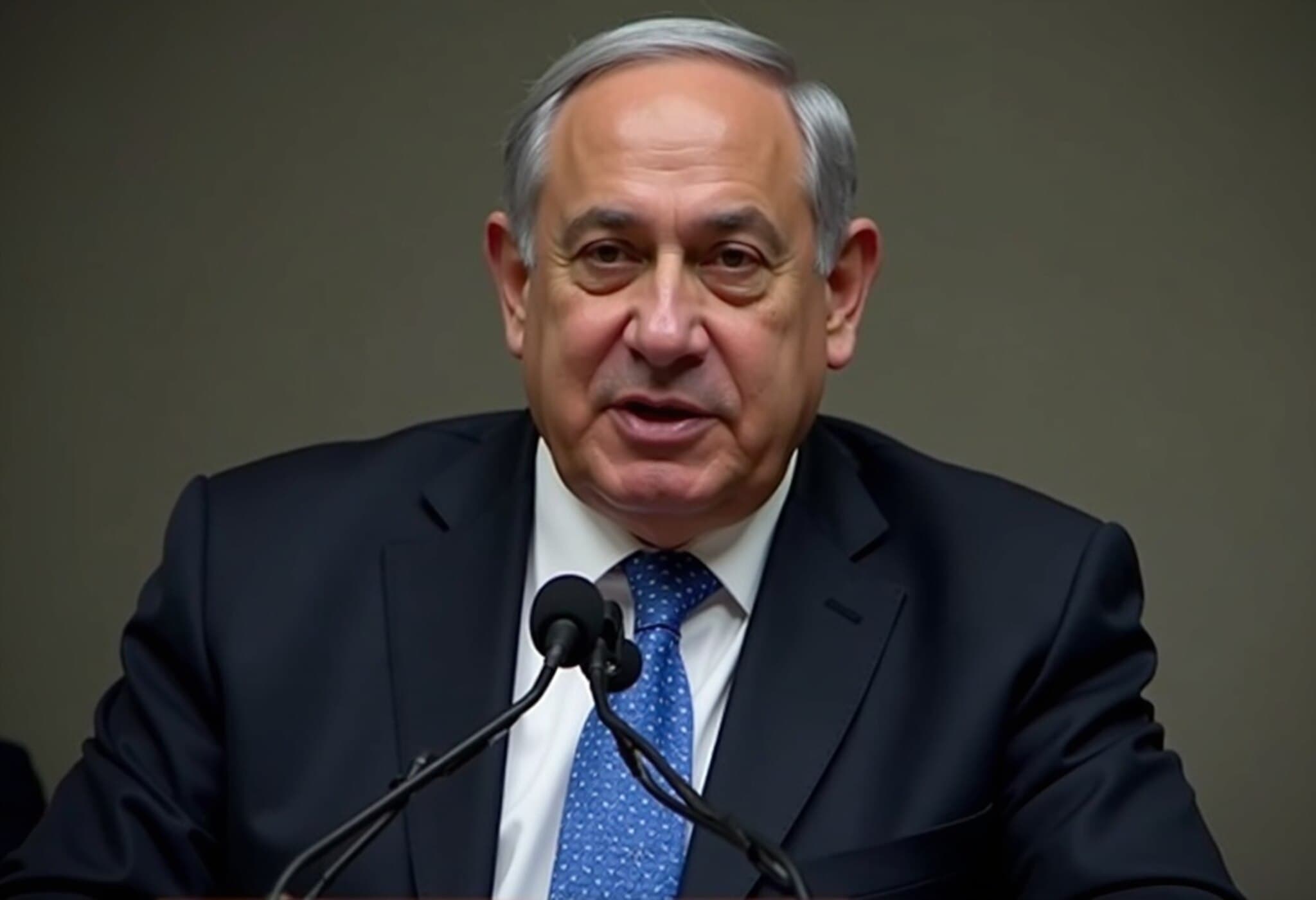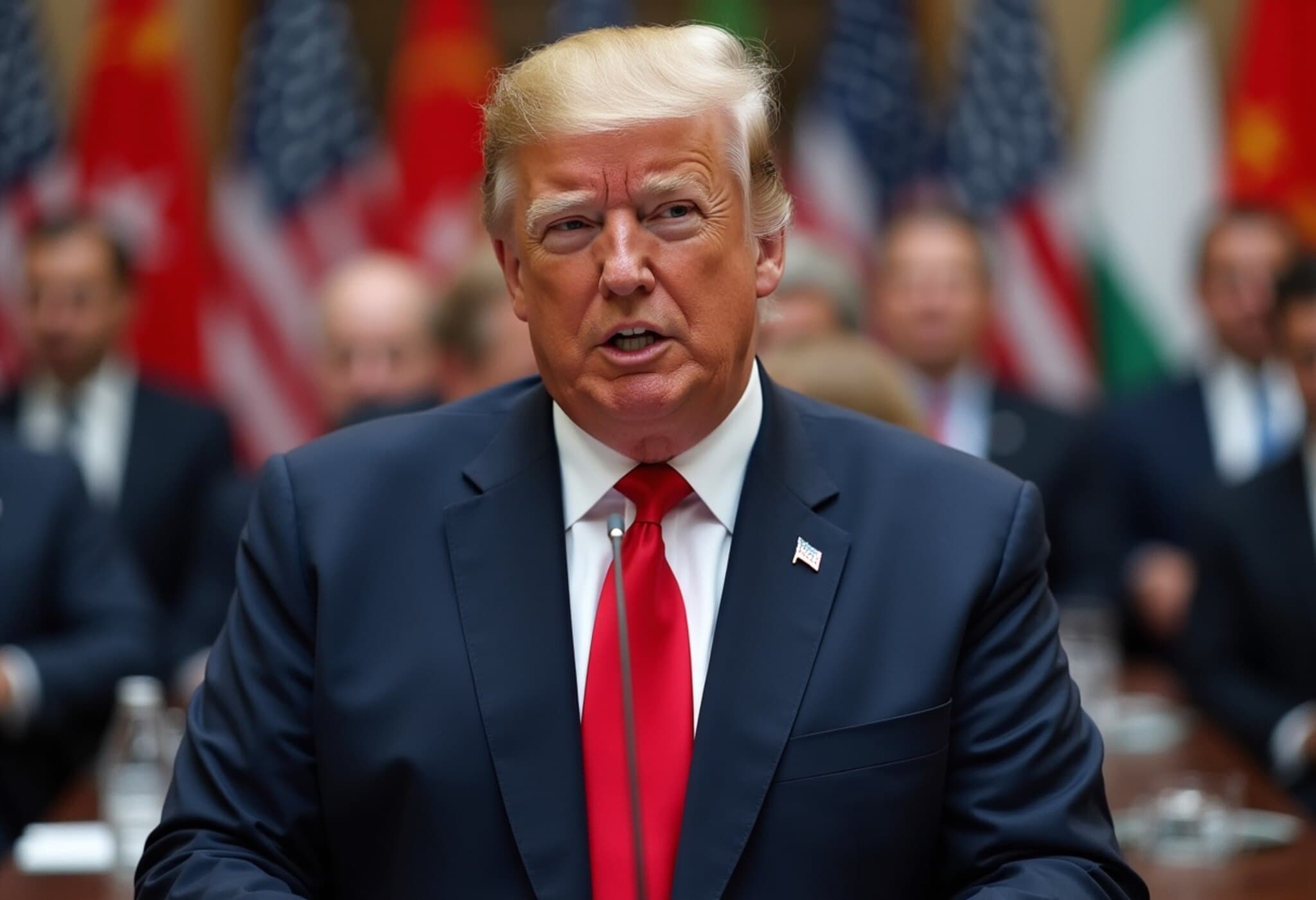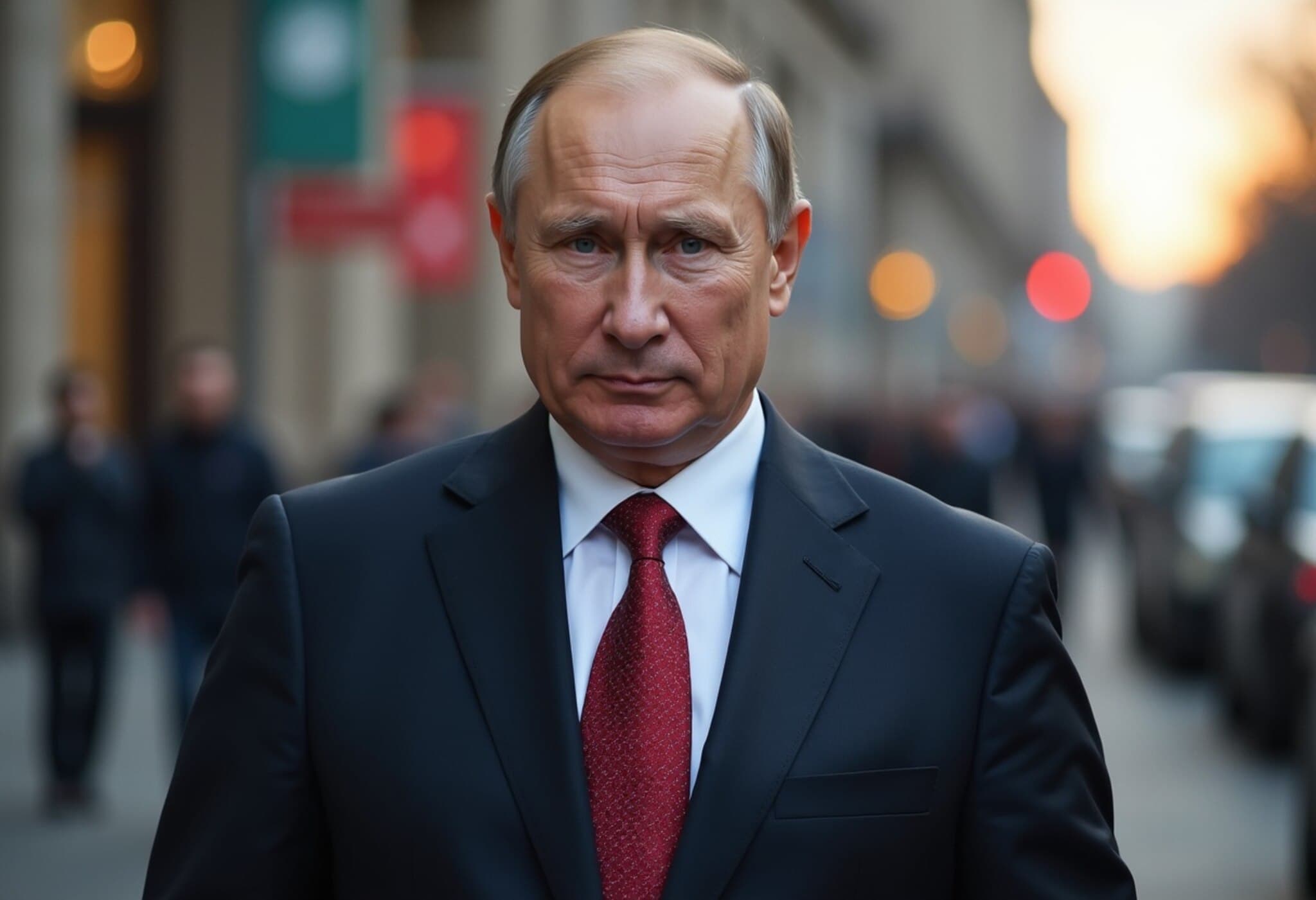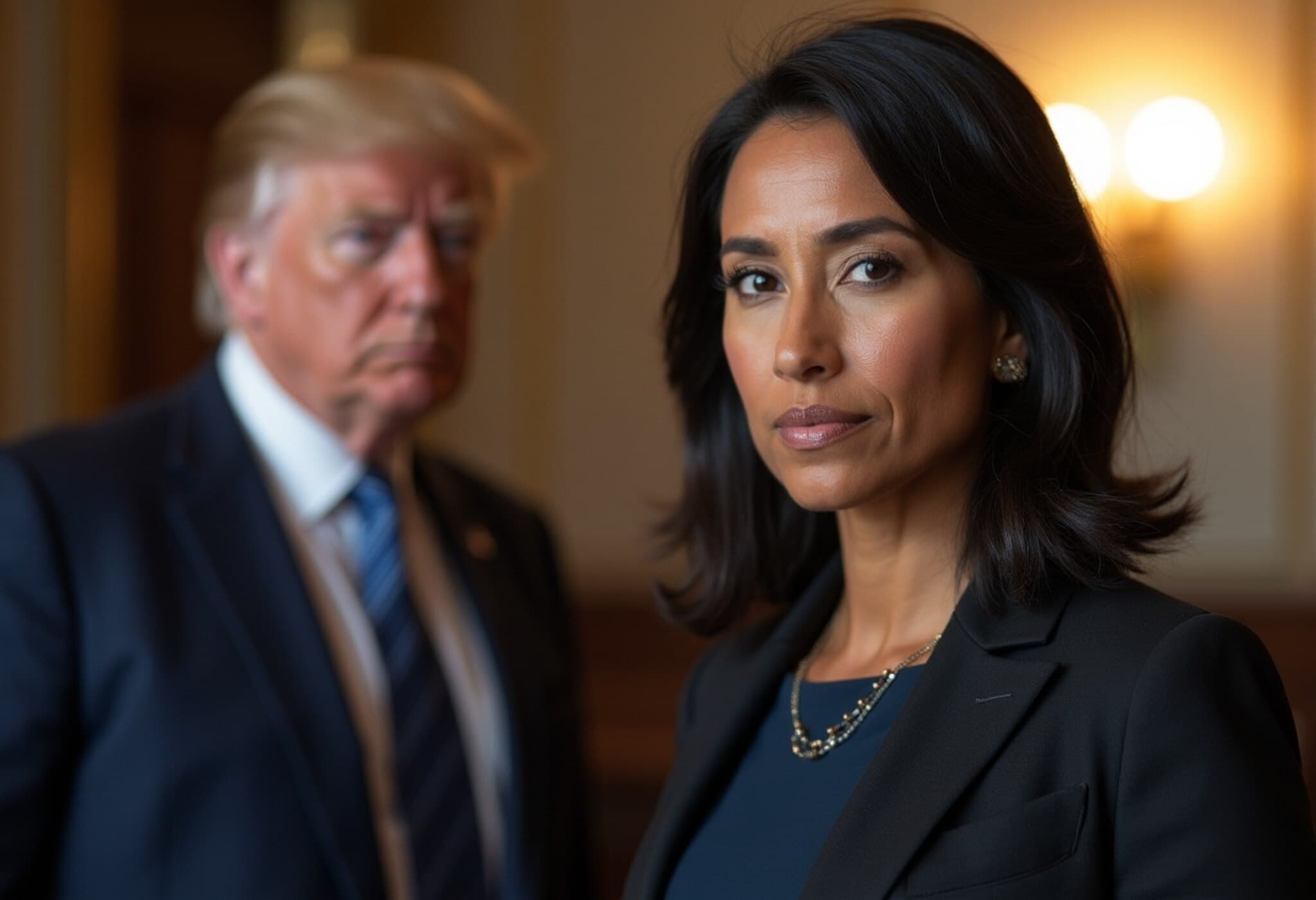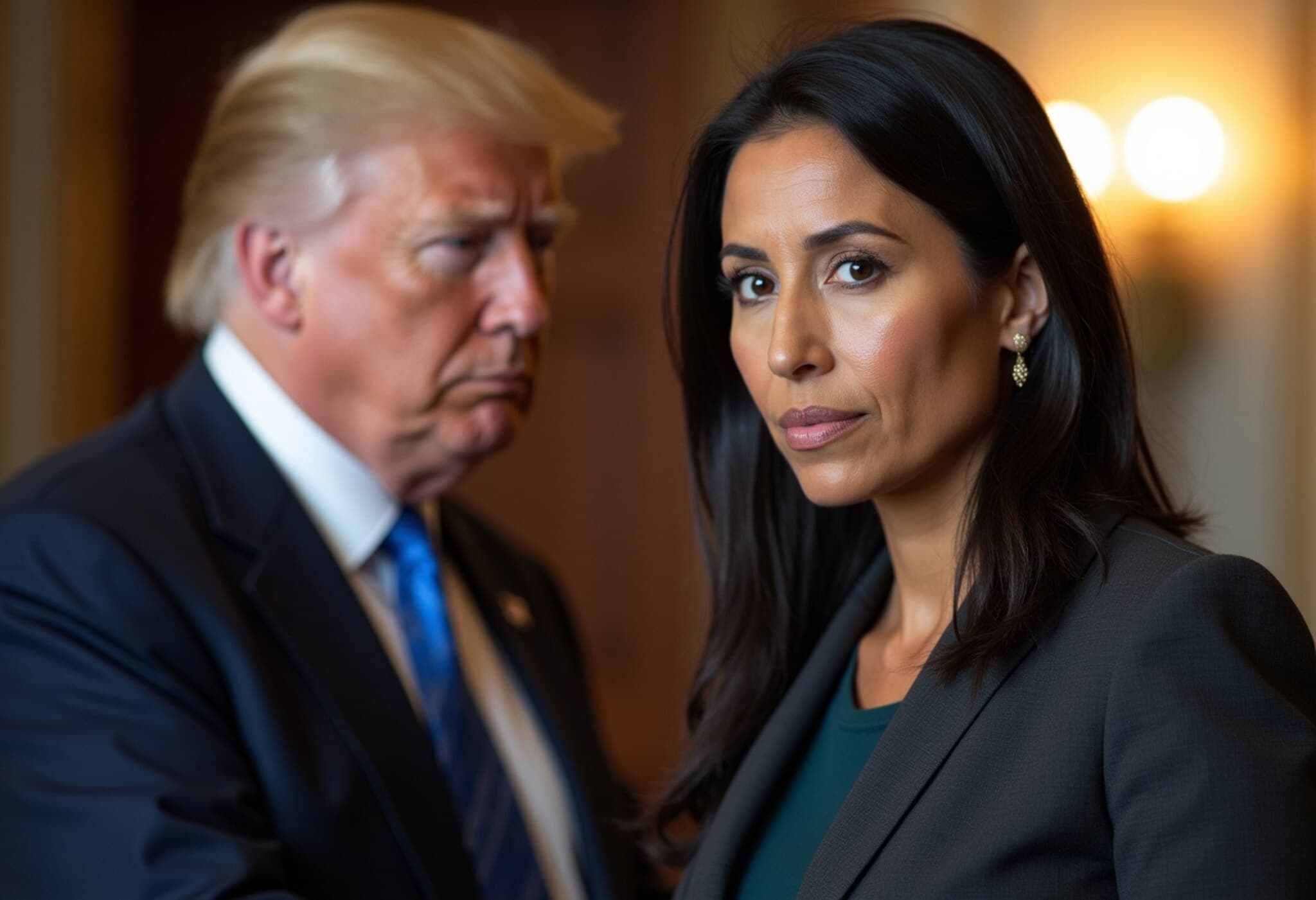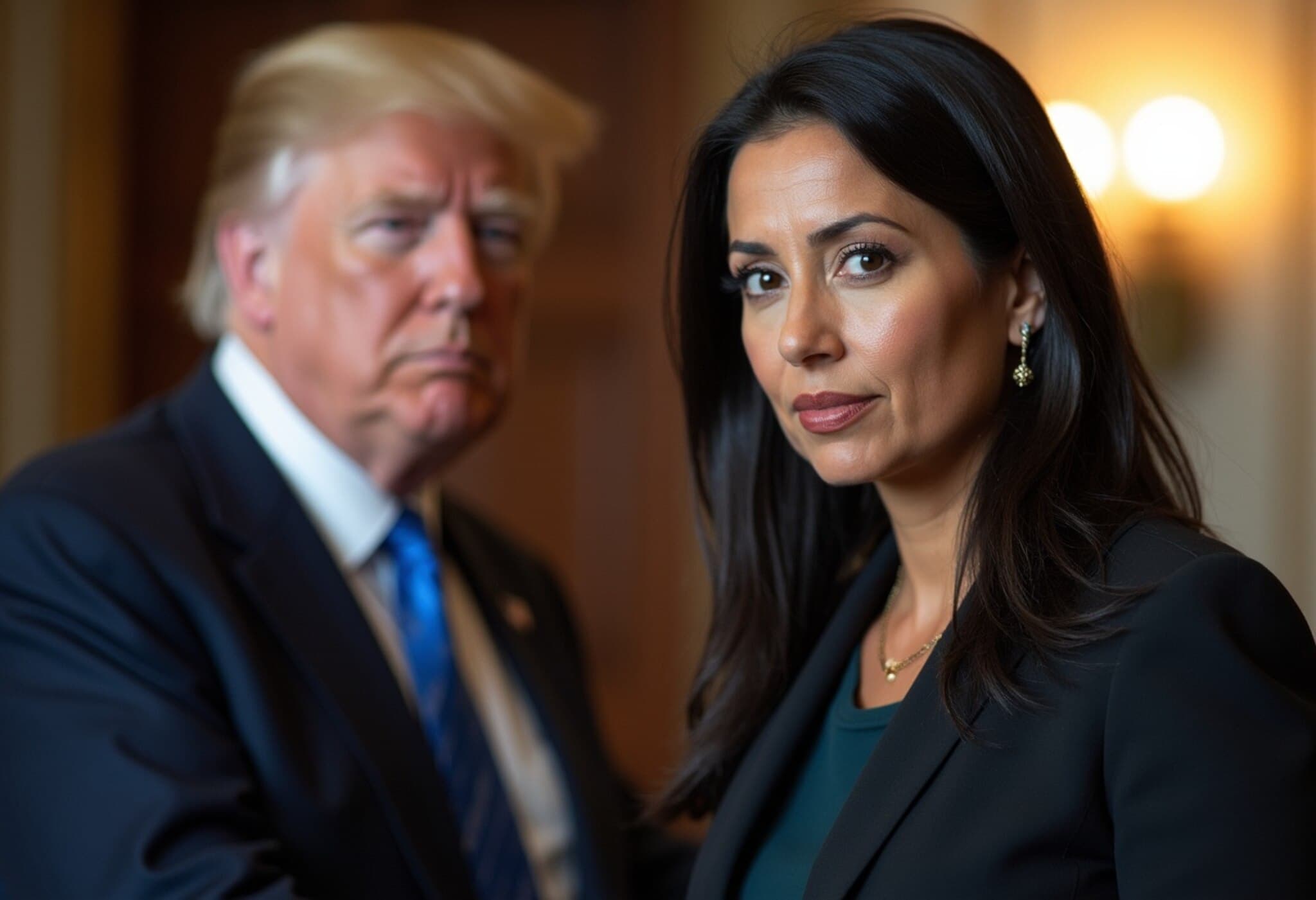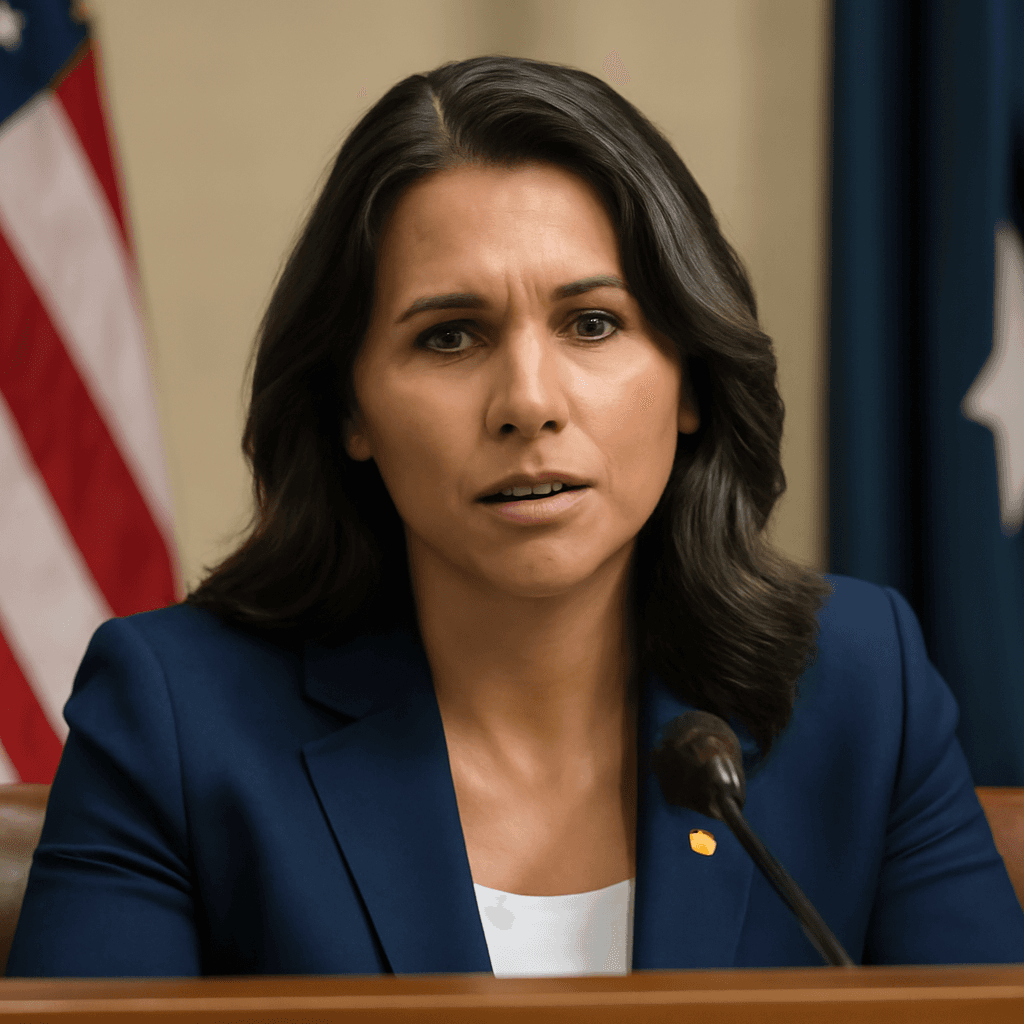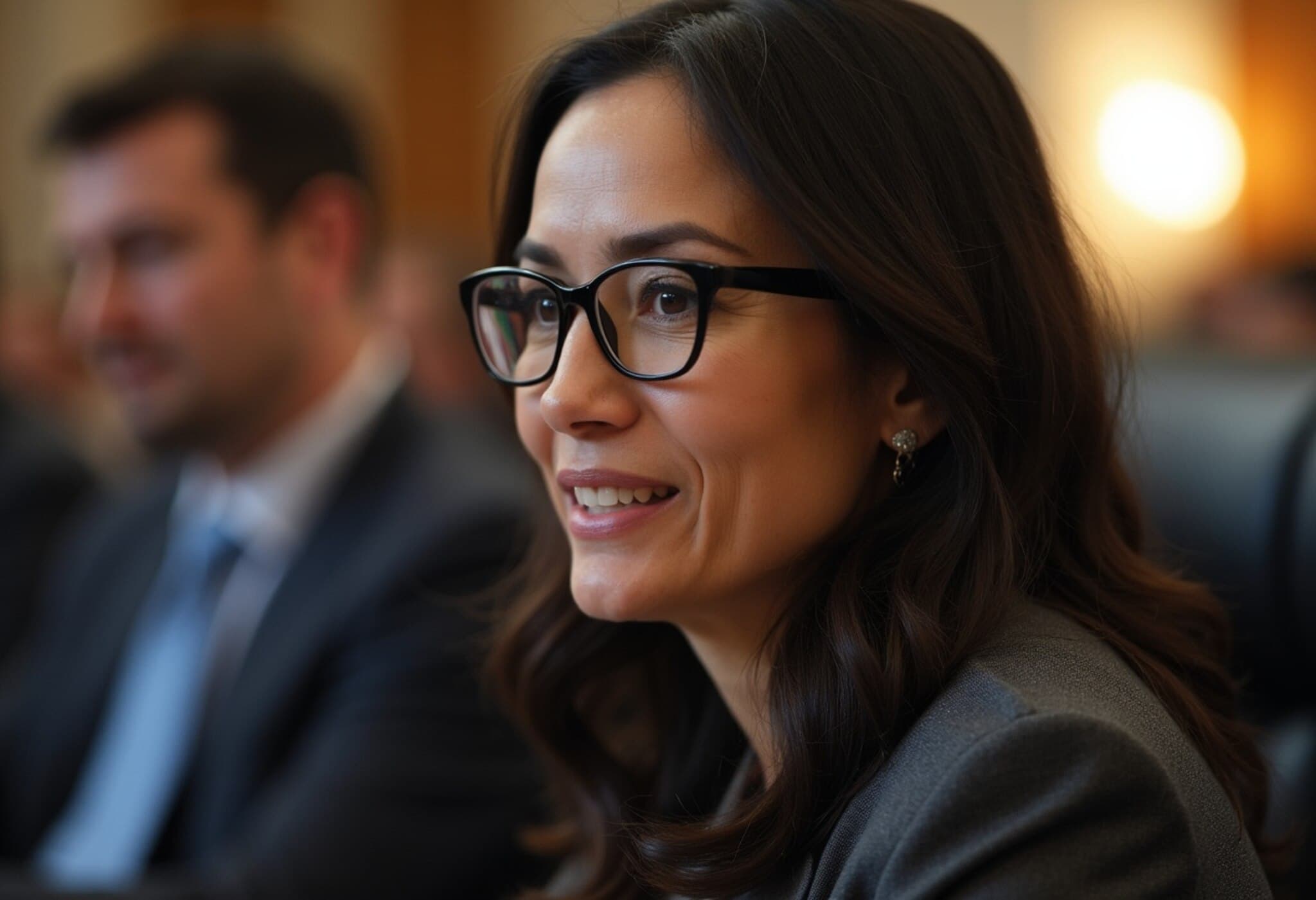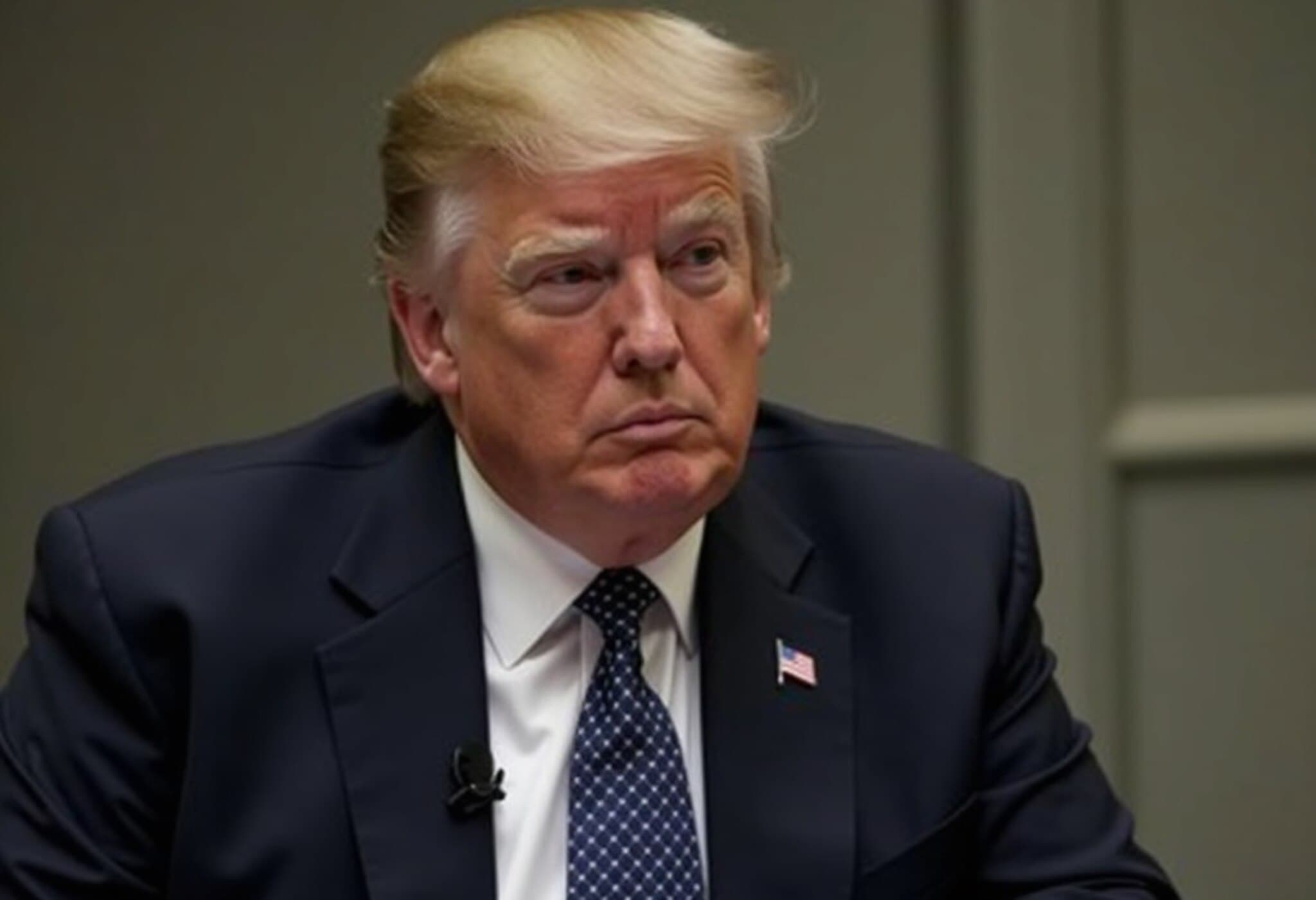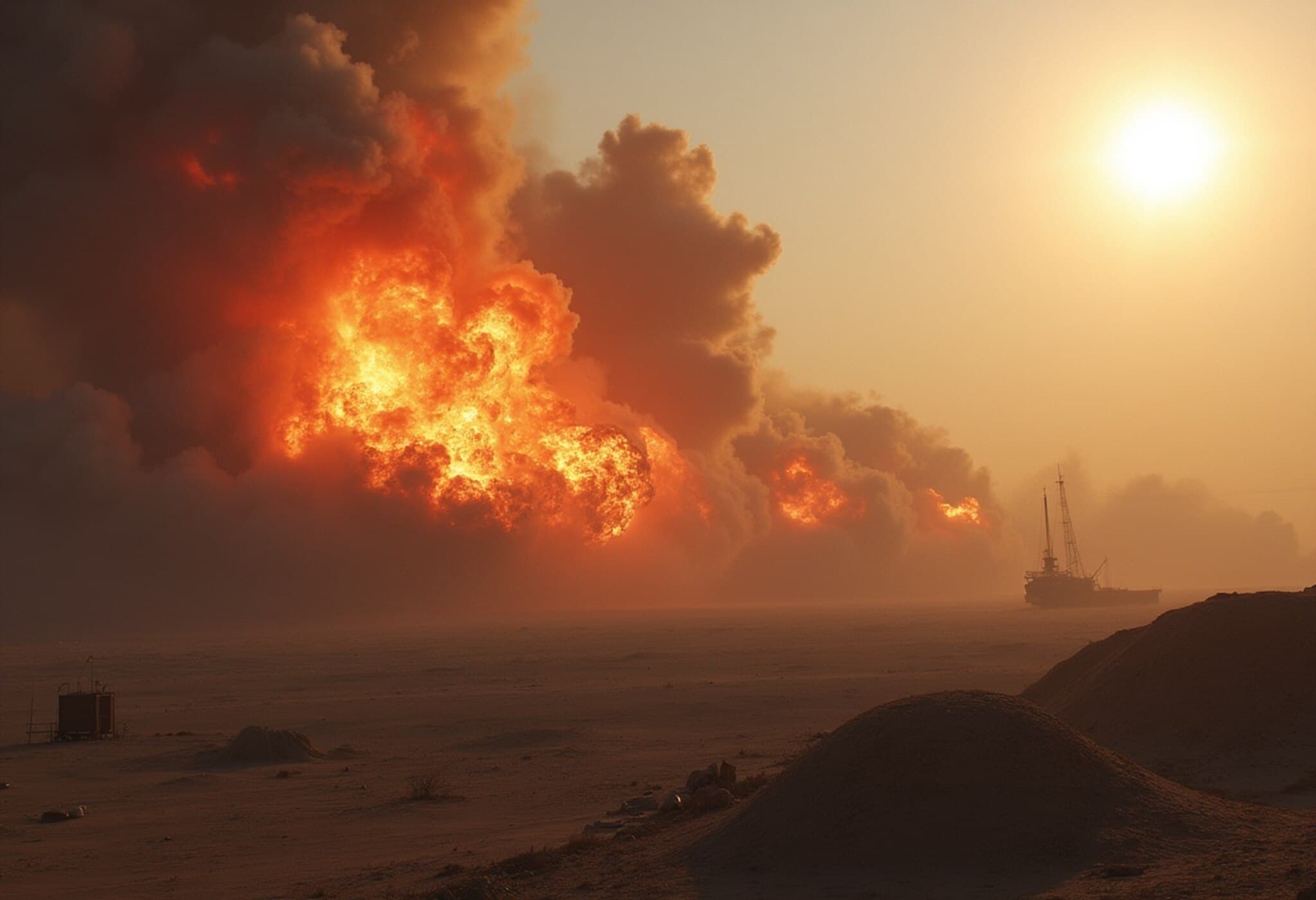Trump Rejects Tulsi Gabbard's Intelligence Assessment on Iran's Nuclear Ambitions
US President Donald Trump publicly dismissed a report led by Tulsi Gabbard, Director of National Intelligence, regarding Iran's nuclear program. During a congressional hearing in March, Gabbard testified that “Iran was not building a nuclear weapon” and that Supreme Leader Ayatollah Ali Khamenei had not authorized a nuclear weapons program since suspending it in 2003.
Despite Gabbard’s findings and her close ties to the administration, Trump rejected the assessment, stating, “I don’t care what she said. I think they were very close to having one,” referring to Iran’s potential possession of a nuclear bomb.
Escalating Middle East Tensions Drive Swift Response
Amid rising tensions between Israel and Iran, Trump hurried back to Washington to address the escalating conflict that has drawn intense global scrutiny. Upon arrival, he convened with National Security officials, including Gabbard, at the White House Situation Room to consider next steps.
This hardening stance aligns Trump more closely with Israeli Prime Minister Benjamin Netanyahu, who has labeled a nuclear-armed Iran as an imminent threat to regional stability.
Administration Seeks Common Ground on Iran’s Nuclear Threat
Despite apparent public disagreements, officials from the Trump administration downplayed the divergence in views between Trump and Gabbard. They emphasized that Iran’s increasing uranium enrichment stocks could bring it closer to developing nuclear weapons, acknowledging concerns about Tehran’s capabilities.
Tulsi Gabbard Pushes Back Against Media Narratives
Gabbard accused media outlets of distorting her testimony, asserting she and Trump are essentially aligned in their views on Iran's nuclear ambitions. “We are on the same page,” she stated in an interview, reaffirming her office’s position to clarify the record.
During her congressional testimony, she highlighted that the stockpile of enriched uranium in Iran is at its highest levels — an unprecedented development for a country without nuclear weapons, indicating close US monitoring of the situation.
Recent Strikes Fuel Regional Conflict
The turmoil deepened last week when Israel launched a series of strikes against Iranian targets, triggering retaliatory attacks on Israeli cities including Tel Aviv and Jerusalem. According to human rights organizations, these bombings have resulted in 585 deaths and 1,326 injuries, underscoring the escalating human cost of the confrontation.
Looking Ahead: Navigating a Complex Security Challenge
The conflicting assessments of Iran's nuclear intentions combined with the volatile Middle East landscape present a complex challenge for US policymakers. As Washington and its allies weigh their options, the spotlight remains on intelligence findings, diplomatic strategies, and the ongoing conflict on the ground.

